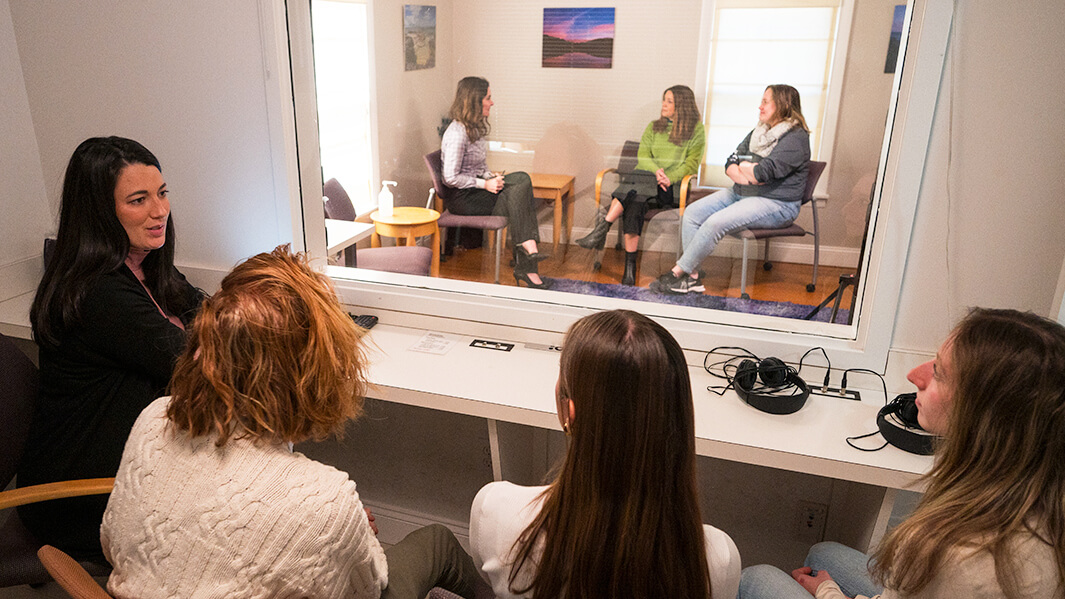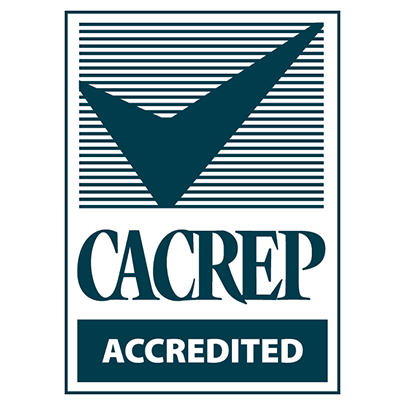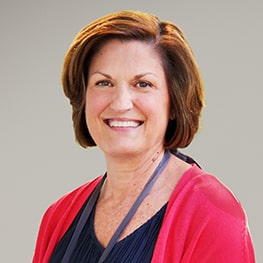MA
Clinical Mental Health Counseling
Format & Location
On-Campus (Fairfield, CT)
School/College
School of Education & Human Development
Start Dates
Spring (January), Fall (September)
Application Deadline
October 1, January 15
Completion
30 months
Schedule
Full-Time or Part-Time
Attend a Virtual Information Session
Check for Upcoming Dates
The Master of Arts in Clinical Mental Health Counseling degree is a Council for the Accreditation of Counseling and Related Educational Programs (CACREP) accredited, 60-credit hour program that offers counseling courses under the guidance of faculty members who are nationally recognized in the field.
Find Out More
Course Requirements
MA in Clinical Mental Health Counseling
60 credits
Contact Us
Graduate Admission
gradadmis@fairfield.edu
(203) 254-4184
Request Program Info
Want details on courses, schedules, and financial aid? We're here to help.
Loading...



